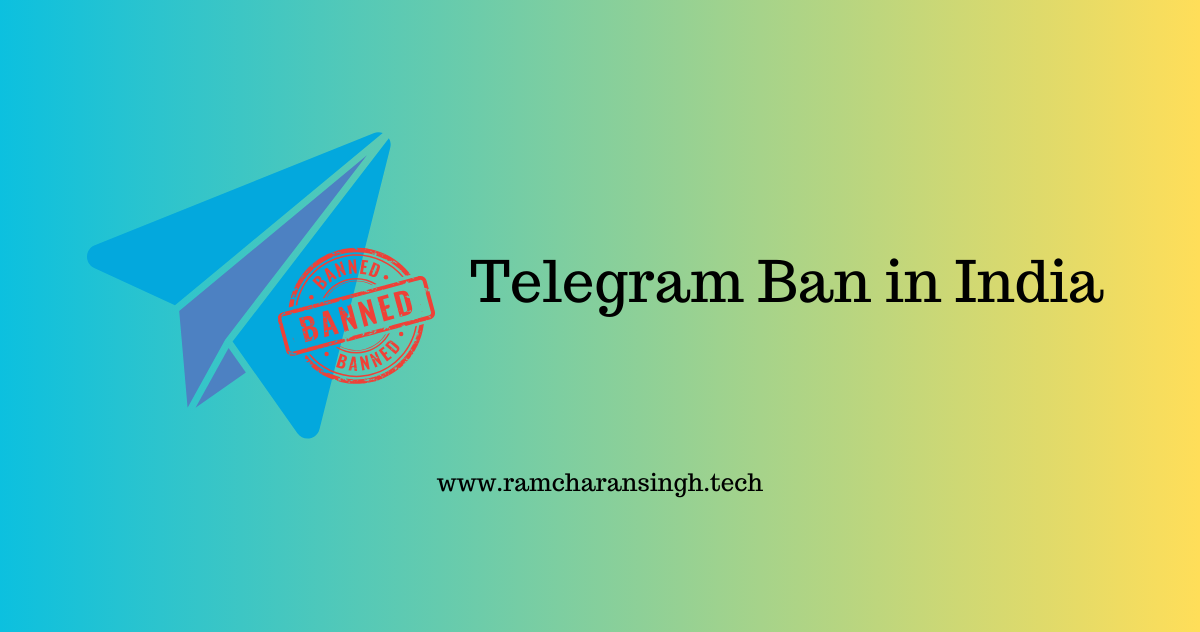In recent years, India has found itself at the center of numerous discussions regarding internet freedom, privacy, and regulation. The latest chapter in this ongoing narrative is the controversy surrounding The Telegram Ban in India, a potential move targeting the popular messaging app known for its robust encryption features. While some see the ban as a necessary step for national security, others view it as an infringement on digital rights and personal freedoms.
Background of the Ban
Telegram, founded by Russian entrepreneur Pavel Durov, has gained immense popularity globally, including in India, for its emphasis on privacy, security, and the ability to create large group chats and channels. These features have made it a favorite among users who value privacy, but they have also attracted the attention of governments concerned about the potential misuse of the platform.
The Indian government has cited concerns over Telegram being used to spread misinformation, coordinate illegal activities, and harbor channels that promote extremist content. The platform’s end-to-end encryption, while protecting users’ privacy, has made it difficult for law enforcement agencies to monitor suspicious activities. As a result, calls for regulating or banning Telegram have grown louder, with the government considering stricter measures to curb its use.
Legal and Regulatory Framework
India’s legal framework around internet regulation has evolved over the years, particularly with the introduction of the Information Technology (Intermediary Guidelines and Digital Media Ethics Code) Rules, 2021. These rules mandate that digital platforms, including messaging apps, take responsibility for the content shared on their platforms. They require platforms to trace the origin of certain messages, which has raised concerns about privacy and the potential for surveillance.
Telegram, with its staunch stance on user privacy, has resisted compliance with some of these requirements. This has placed it in direct conflict with Indian authorities, who argue that the platform must cooperate to prevent misuse. The debate, therefore, centers around the balance between security and privacy—a topic that has become increasingly relevant in the digital age.
Impact on Users
A potential ban on Telegram in India would have significant implications for millions of users who rely on the platform for communication, business, and social interactions. Telegram’s large channels and groups are popular among content creators, educators, and businesses for reaching wide audiences. A ban could disrupt these activities, forcing users to seek alternatives.
Moreover, the ban could set a precedent for the regulation of other messaging apps, raising concerns about a broader crackdown on digital platforms. Critics argue that such measures could stifle innovation, limit access to information, and erode the principles of a free and open internet.
Privacy vs. Security: The Ongoing Debate
At the heart of the controversy is the age-old debate between privacy and security. Proponents of the ban argue that in the interest of national security, the government must have the tools to monitor and control platforms that could be used for illegal activities. They emphasize that without access to encrypted communications, law enforcement agencies are left powerless to prevent potential threats.
On the other hand, privacy advocates argue that banning or heavily regulating platforms like Telegram would infringe on users’ rights to privacy and freedom of expression. They contend that encryption is essential for protecting individuals from cyber threats, surveillance, and government overreach.
Alternatives to a Ban
Rather than an outright ban, some experts suggest that a more balanced approach could be taken. This could involve greater collaboration between Telegram and Indian authorities, focusing on specific channels or users involved in illegal activities while protecting the privacy of the broader user base. Another approach could be enhancing digital literacy among users to recognize and report harmful content, reducing the need for heavy-handed regulation.
Conclusion
The debate over the Telegram ban in India highlights the complexities of regulating digital platforms in the 21st century. As the government weighs its options, it must consider the broader implications for digital rights, innovation, and the future of internet governance in the country. While national security is undeniably important, it is equally crucial to protect the principles of privacy and freedom that underpin a democratic society.
The outcome of this controversy will likely have far-reaching consequences, not just for Telegram and its users, but for the broader landscape of internet regulation in India.

